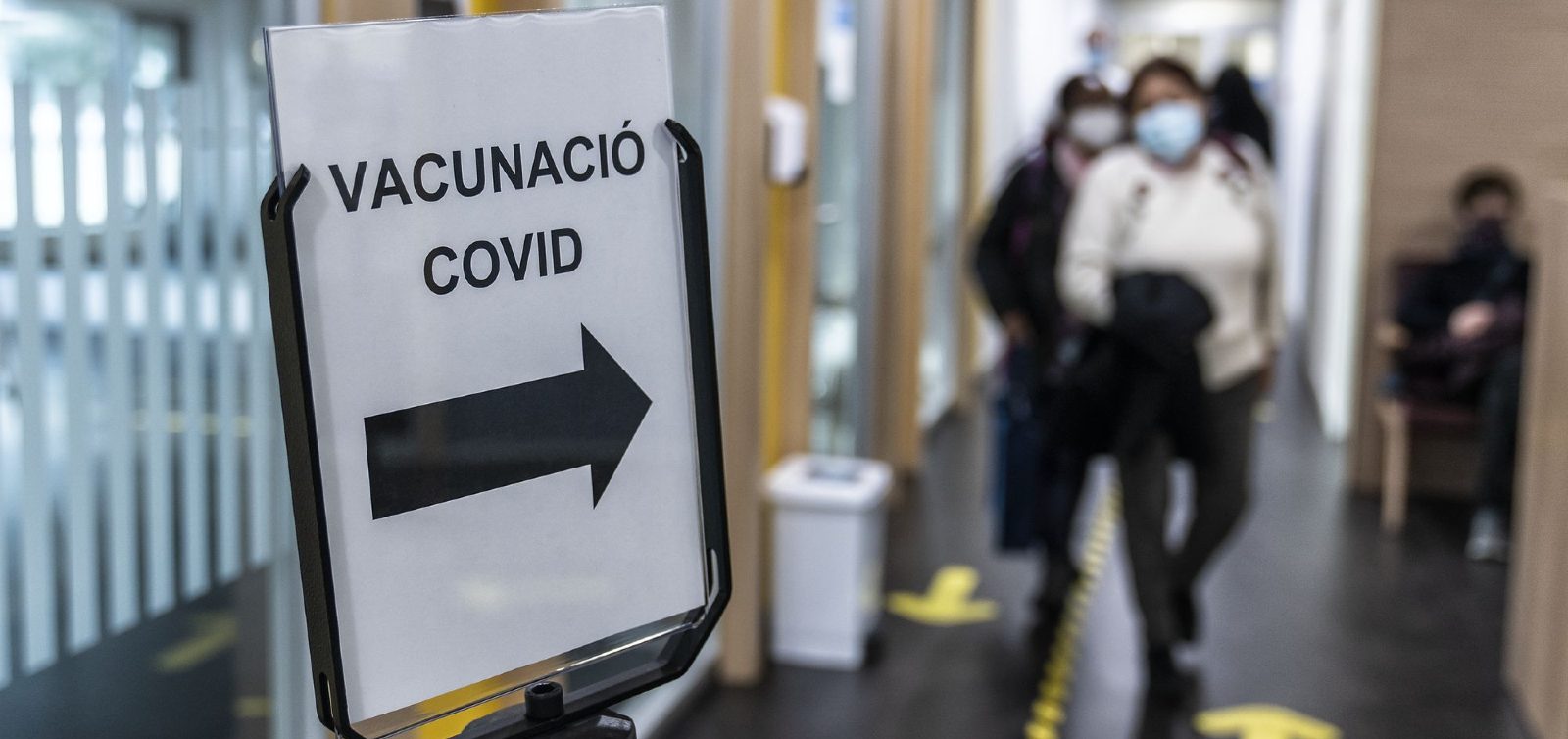GCAT takes part in one of the projects funded by Fundació La Marató de 3Cat
The funds raised in the 2022 edition of La Marató de 3Cat will enable 71 research teams to conduct 37 projects in cardiovascular health to advance in the prevention, diagnosis, and treatment of diseases that represent the leading cause of death in developed countries. One of the awarded projects involves the participation of researchers from the GCAT of the IGTP, and is coordinated by Dr Camille Lassale from ISGlobal.










